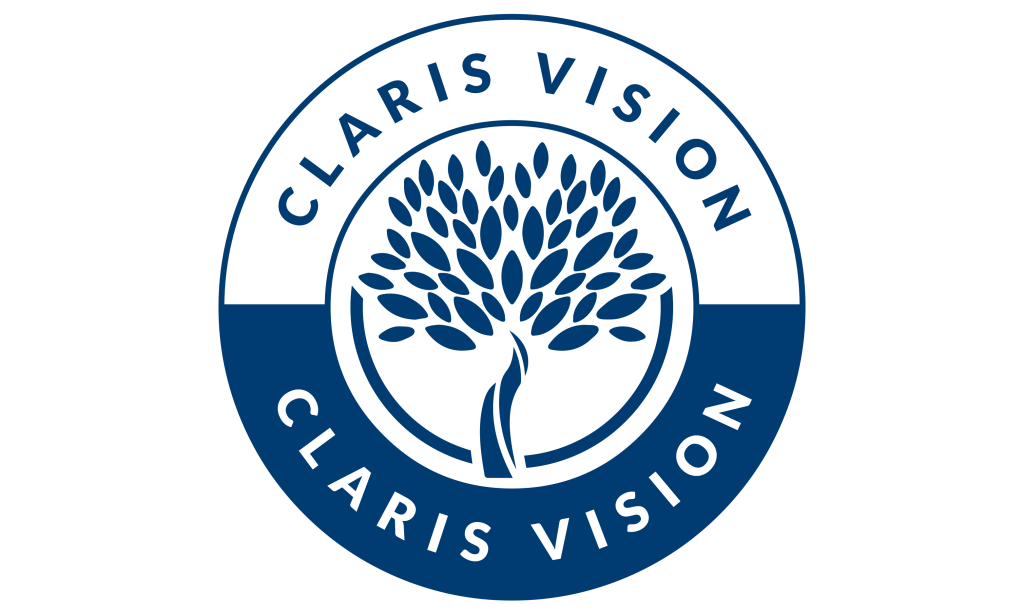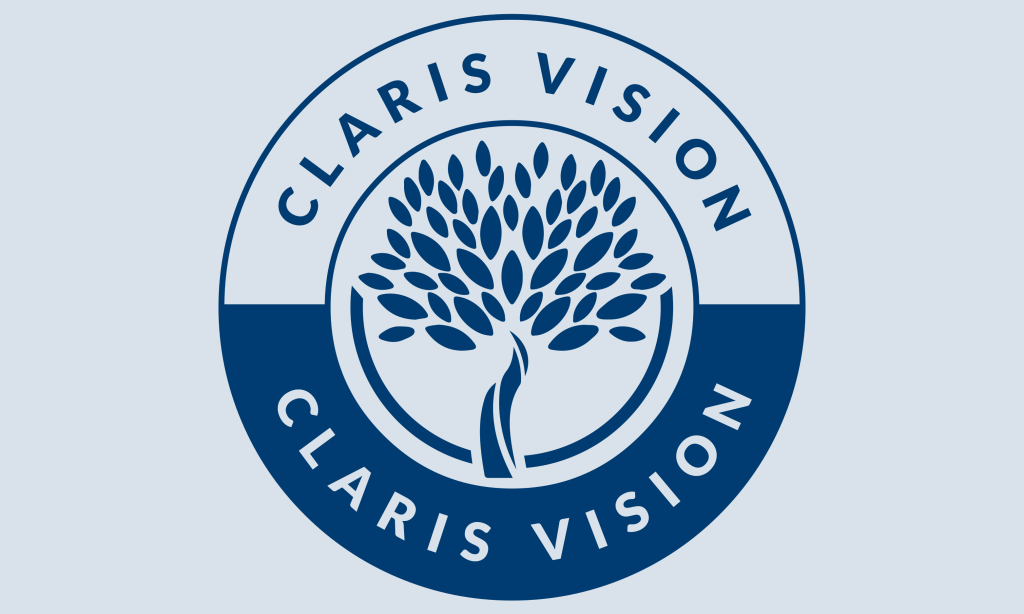Spire Southampton Hospital is a private hospital located at the Chalybeate Close (SO16 6UY) Southampton, opposite Southampton General Hospital. It offers world-class care, attracting patients from across the South of England and internationally. Services provided include eye care (ophthalmology), orthopaedic surgery, ENT and cardiac surgery.
The ophthalmology department stands out and plays an exceptional role in supporting patients with different eye conditions. It is renowned for its advanced medical and surgical treatments. The team of ophthalmologists consists of expert consultants who work in their respective subspecialty areas of cataract, refractive surgery, corneal pathology, glaucoma, retinal pathology and oculoplastics.
Mr Aris Konstantopoulos, is a consultant ophthalmic surgeon who specialises in the anterior segment of the eye and refractive surgery. He treats conditions that affect the cornea and the lens, with an interest in achieving the best vision with minimal or no need for spectacles.


